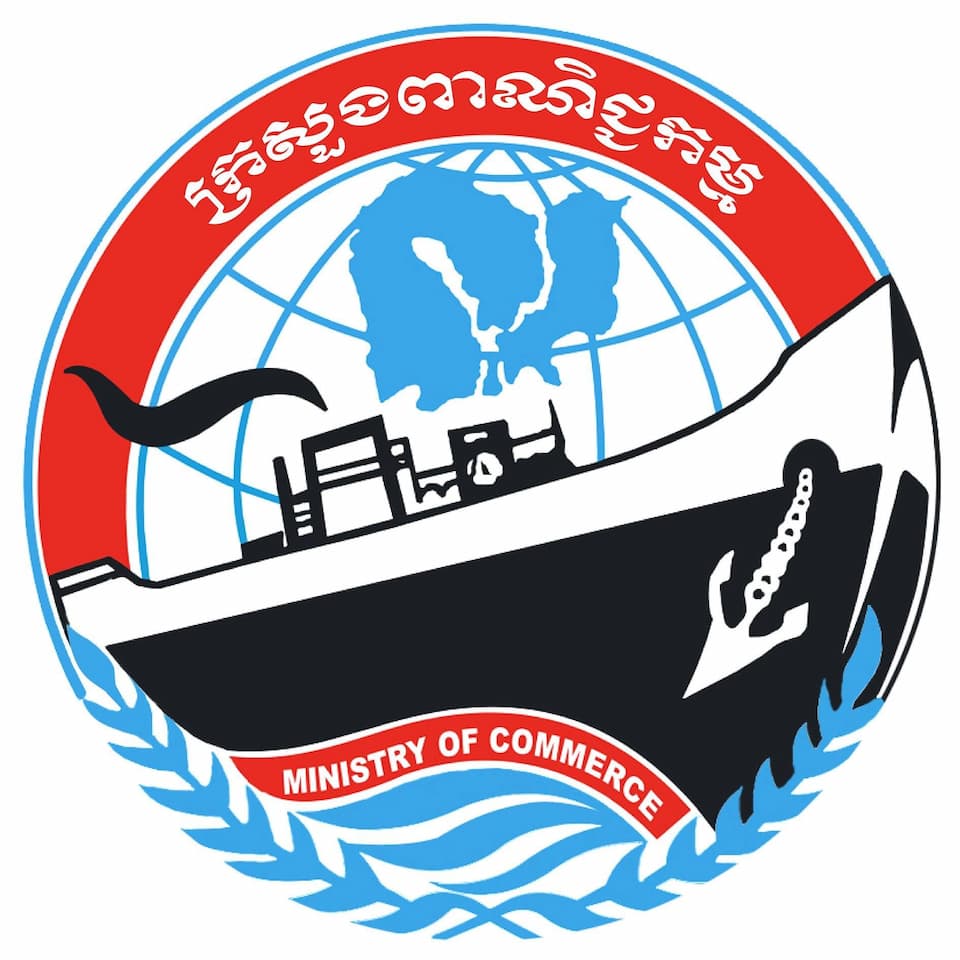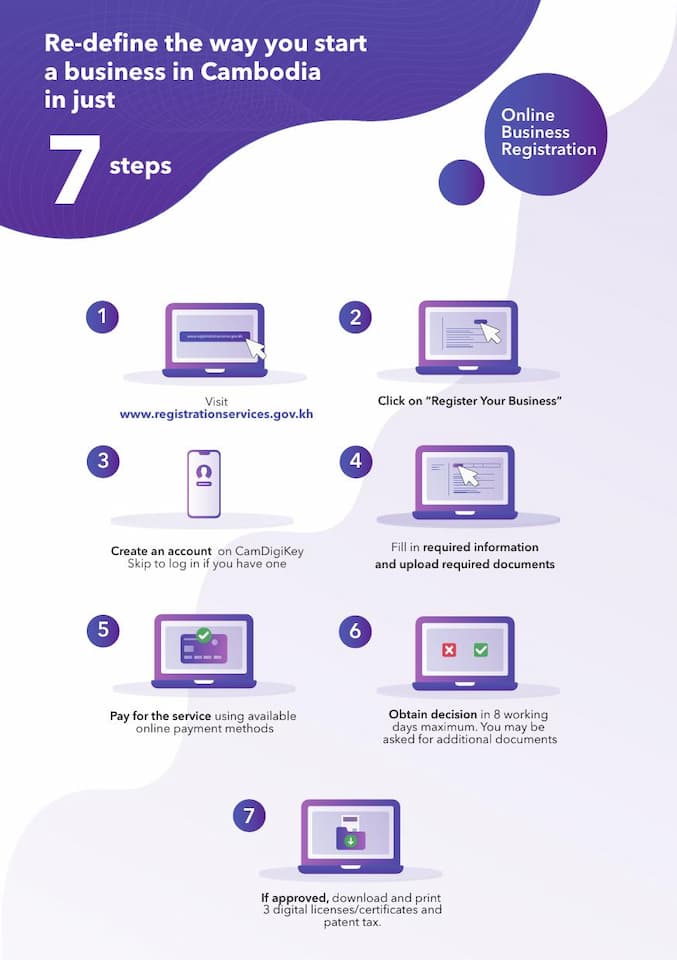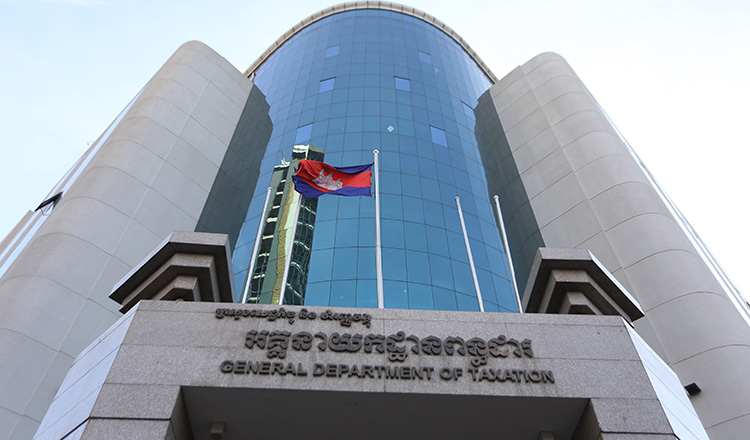Ministry in Cambodia: Royal Government Ministries

If you’re planning on operating a business in Cambodia, then familiarising yourself with the relevant Cambodian government ministries is a must. Registering, licensing and gaining work permits for staff are all essential steps in starting any business in the Kingdom and the various ministries have domain over all aspects of doing business in the Kingdom.
It may be worth recruiting the skills of a Khmer interpreter if you do not speak Khmer to liaise with ministries directly or utilise the services of private companies, although there are concerted steps to move most registrations online for all forms of business licensing.
Dealing With Cambodian Ministers and Ministries
The Council of Ministers is the equivalent of the Prime Minister’s cabinet and is made up of the ministries and their relevant heads. The remaining 28 ministries are all headquartered in Phnom Penh, and in the majority of cases have departmental offices in the various provincial capitals.
Ministries and Departments That Involve Your Business Operations

- Ministry of Economy and Finance (MEF): Oversees fiscal policies, taxation, budgeting, public debt management, economic planning, and financial regulations.
- General Department of Taxation
- General Department of Customs and Excises
- Ministry of Commerce (MOC): Responsible for promoting trade and commerce, regulating business activities, consumer protection, and implementing trade policies.
- Consumer Protection, Competition, and Fraud Repression Directorate-General (CCF)
- Ministry of Labor and Vocational Training (MoLVT): Handles labour policies, employment services, vocational training programs, and worker protection.
- National Social Security Funds (NSSF)
- Ministry of Land Management, Urban Planning, and Construction (MLMUPC): Oversees land management, urban planning, construction permits, and building regulations.
Registering Your Business In Cambodia

During the process of establishing operations in Cambodia, it will be necessary to register with and seek licences from various ministries, depending on the sector in which the business plans to operate.
In some cases, the ministries are responsible for the oversight of a particular industry sector, such as Agriculture and Fisheries, Posts and Telecommunications, Tourism, etc.
Examples are:
- The Ministry of Environment, play a broader role and interacts with various industries
- A media or publishing business will require a licence from the Ministry of Information.
- Businesses involved in construction projects will require permits from the Ministry of Land Management, Urban Planning, and Construction,
- Those engaged in the tourism and hospitality trade will require licences from the Ministry of Tourism.
Knowing which licences and permits to apply for can be troublesome, especially for those embarking on new ventures in the country. It's worth contacting the local industry association, if available, as well as your national business chamber.
In Cambodia, there are business chambers such as; American, French, British, Malaysian, Singaporean, Indonesian, and others. Alternatively, there are many business and legal advisory firms that can assist with obtaining the required authorisation.
If you choose not to use the services of a business advisory firm when dealing with the ministries, it is recommended that you use a local, Khmer-speaking intermediary, as the majority of the necessary paperwork will be written in Khmer, and in many cases, there will be no English translations available.
If possible, this intermediary should have connections within the particular government department and familiarity with its workings, which should ensure that the process is completed in a timely manner.
As mentioned in the introduction, there are efforts to digitise all paperwork and processes so the situation is constantly evolving.
Seeking For Information Relevant To Your Business in Cambodia
As more Cambodian government ministries are increasing their digital presence, where you can find their policy, sub-decree and other information that may be relevant to your business.
Here are some resources where you can access information:
- Ministry of Information Website (Languages Available: English, Khmer, French, Arabic)
- General Department of Taxation (GDT) Monthly Taxation Brief - to stay updated on tax matters
- 'Public Officials Document' Telegram - every new law or sub-decree will be delivered through this channel.
- Ministries/Departments (Websites, Telegram Channels, and other social media)
- Royal Government Spokesperson Unit
A few more privately-owned media business resources include B2B Cambodia, Kiripost, Cambodia Investment Review, Khmer Times business section, or government-aligned media like Fresh News also updates on business and legal changes impacting businesses.
Read More: How To Register Your Business in Cambodia
Registering Business & Tax and Audits In Cambodia
In every case, a business will first need to be registered with the Ministry of Commerce, after which (in the case of a “real regime“ business) it will need to register with the Ministry of Economy and Finance to receive its tax identification number.
General Department of Taxation (GDT):
- The General Department of Taxation is responsible for the administration and collection of taxes in Cambodia. This includes income tax, value-added tax (VAT), corporate tax, and other taxes imposed by the Cambodian government. GDT plays a crucial role in revenue generation for the government and ensuring compliance with tax laws.

General Department of Customs and Excise (GDCE):
- The General Department of Customs and Excise oversees customs and excise duties in Cambodia. Its primary responsibility is to regulate the flow of goods in and out of the country, ensure compliance with customs laws and regulations, and collect customs duties and excise taxes on imported and exported goods.
The Accounting and Auditing Regulator (ACCAR)
- The Accounting and Auditing Regulator (ACCAR) of Cambodia, under the supervision of the Ministry of Economy and Finance (MEF), is the government regulatory body responsible for overseeing the accounting and auditing profession in Cambodia. ACCAR is tasked with licensing accounting and auditing firms in Cambodia, as well as introducing and implementing regulations and standards related to audit and accounting matters.
Hiring Workforce In Cambodia - Foreign Workers & NSSF
The Ministry of Labour and Vocational Training will also need to be notified of the opening of a new business. This Ministry conducts workplace inspections and requires proper registration of all employees; a process which should be updated monthly.
- For hiring Foreign Employees: In August 2020, the MLVT issued Prakas (277/20), which stipulates that companies may be allowed to employ foreign nationals exceeding the 10 per cent quota when they are unable to find an adequate number of suitably qualified Cambodian nationals for their workplace. In order to do so, employers must submit a request to exceed the quota under special conditions, which is subject to the MLVT’s approval.
- The National Social Security Fund (NSSF) is administered by the Ministry of Labour and all businesses are required to enter their Cambodian employees into the fund. The cost is roughly 0.85 per cent of the employee’s salary, with contributions payable monthly. The fund gives employees access to free medical treatment at designated government hospitals, for working-hours accidents and injuries, also covering them to and from work.